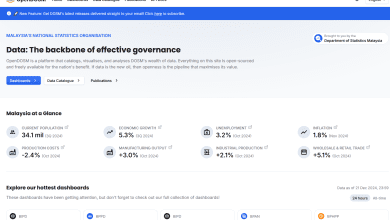A time to apologise and to forgive


Connexion
By Joachim Ng
Maaf Zahir & Batin. “Forgive me for whatever wrong I may have done to you whether physically or emotionally.” Beyond the joviality and kenduri, the ritual of seeking forgiveness is one of the great spiritual highlights of Hari Raya Aidilfitri. Addressing their staff before a meal, bosses would ask to be forgiven. This is also a season for parents and children to reconcile with one another if they have become estranged through misunderstandings.
It’s a salutary practice that other communities should emulate. Senior-generation Chinese used to do it in a roundabout way by enquiring of someone: “Have you eaten yet?” It’s an expression that actually says: “It’s okay between us, so let me treat you to a meal.” Acceptance of the offer denotes willingness to patch up if there has been a spat.
Why should you apologise? It cools tempers down in a rage incident, dissolves anger, and averts retaliation or limits the counter-blow to a demand for recompense if the apology is accepted. Without apology and forgiveness, there is no reconciliation and relationships may be permanently damaged.
Why should you forgive? Because it’s a healthy thing to do! American soldier Richard Fiske, who survived the World War II bombing of Pearl Harbour, so hated the Japanese that he developed a bleeding ulcer. He became a prisoner of his own bitterness. Forty years on, he accepted an apology from a Japanese pilot who came to Hawaii to make personal atonement, and Fiske’s life took a turn for the better thereon.The healing and restorative power of the apology and forgiveness eventually dissolved hatred.
Should you forgive only when an apology is made? That makes your behaviour reactive. Do you know what’s the No. 1 killer in Malaysia? Not global warming. It’s hot temper. A man in Kuantan quarrelled with his wife over a parking summons and strangled her. Family arguments, fights between couples, road rage, squabbles among friends or strangers — the police murder files are full of such tragedies that could have been prevented if we habitually forgive instead of retaliating for slights. And we should habitually apologise instead of justifying our wrongdoings.
Maaf Zahir & Batin. A festival season is an appropriate time for all Malaysians to patch the wounds of misunderstandings that develop in any relationship.


